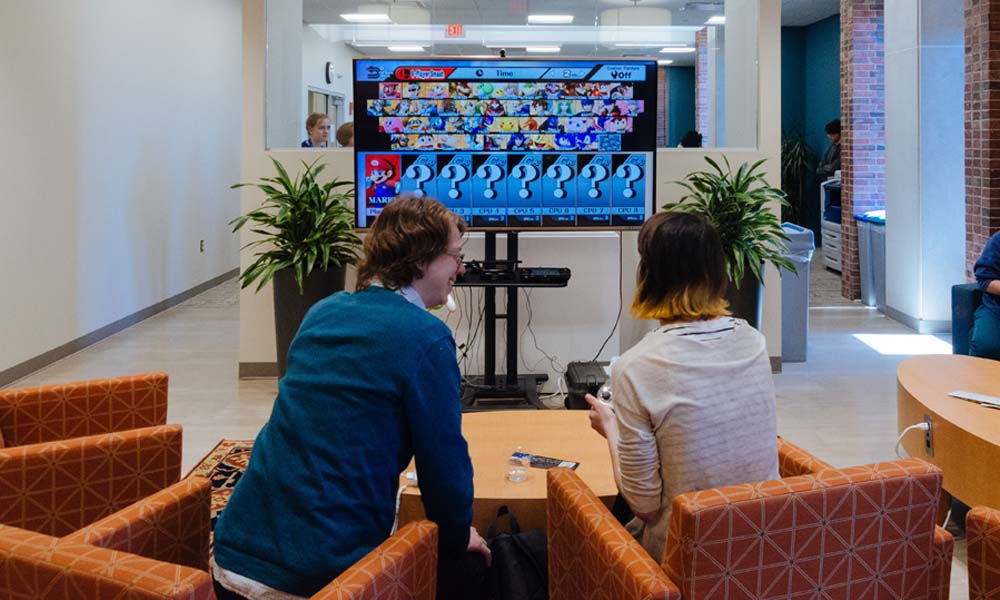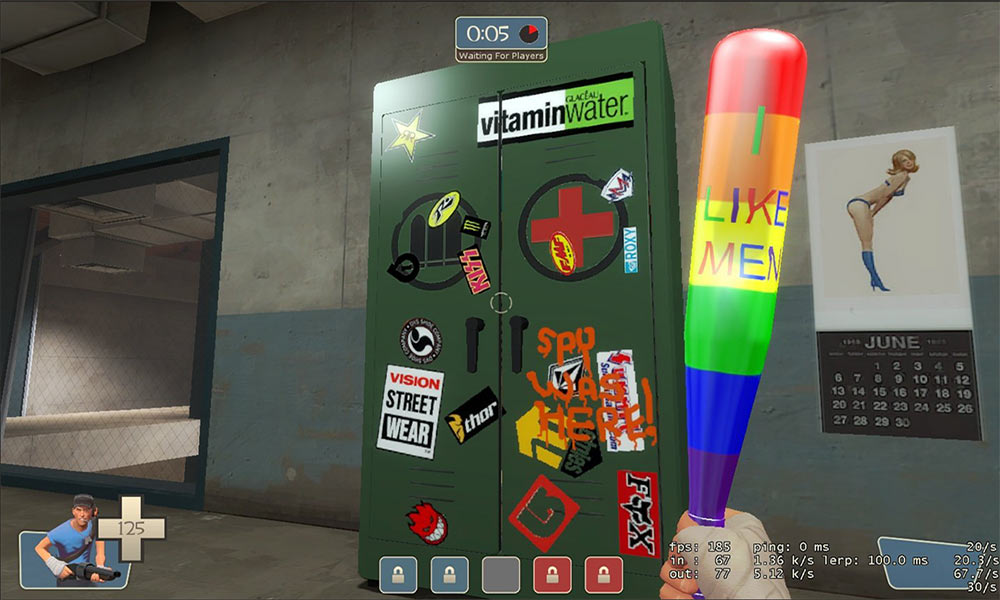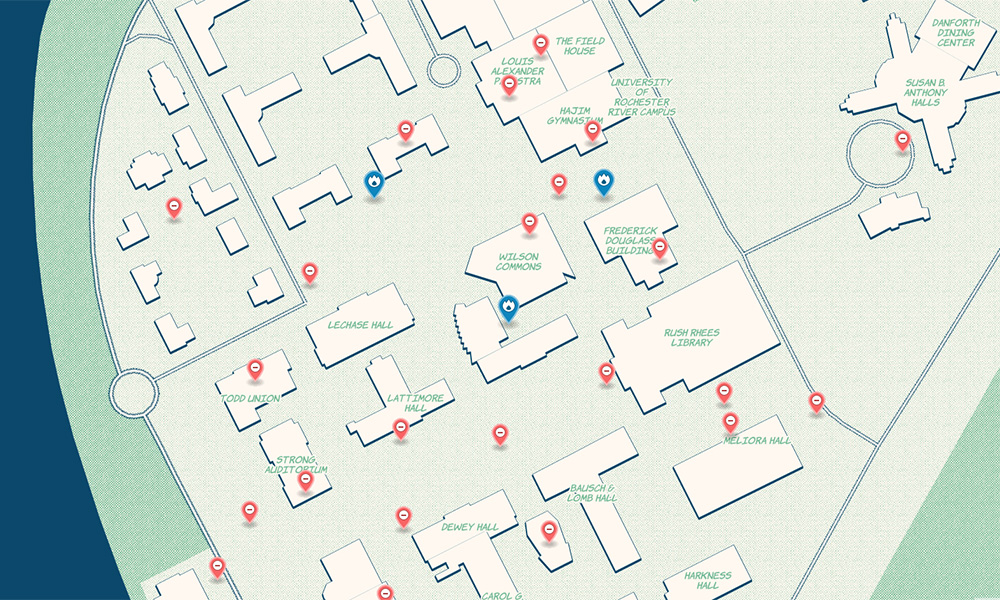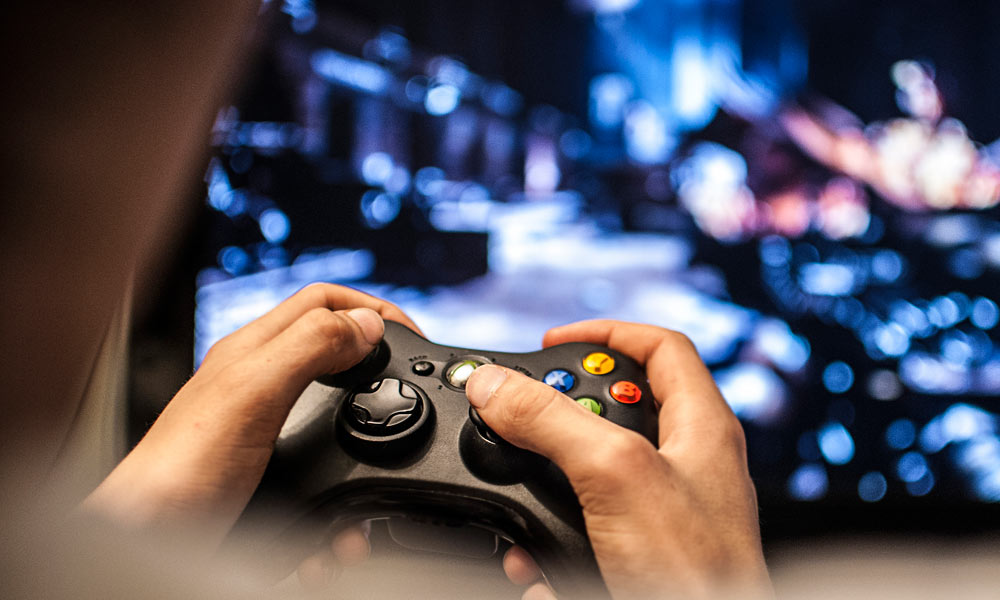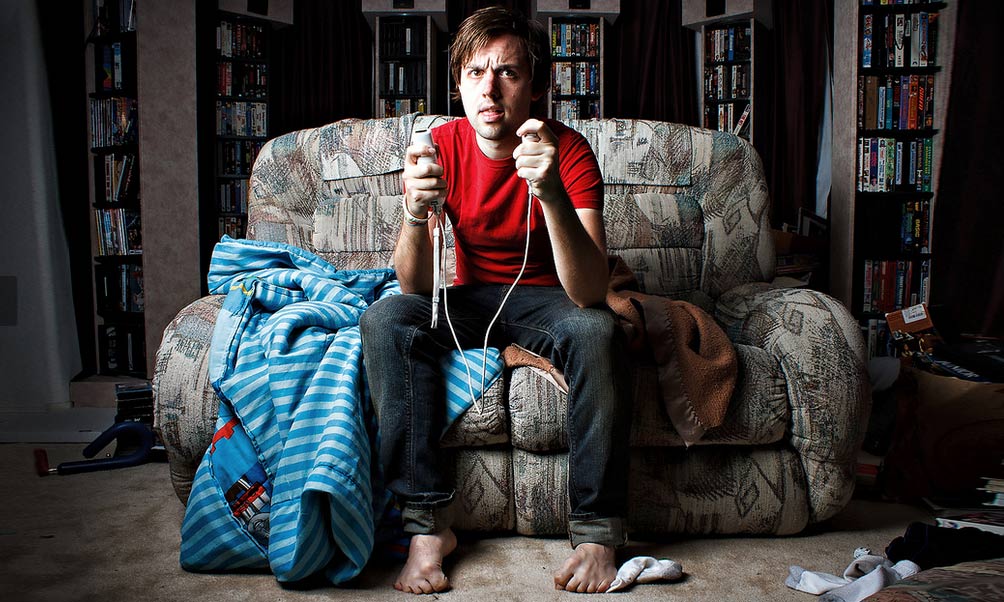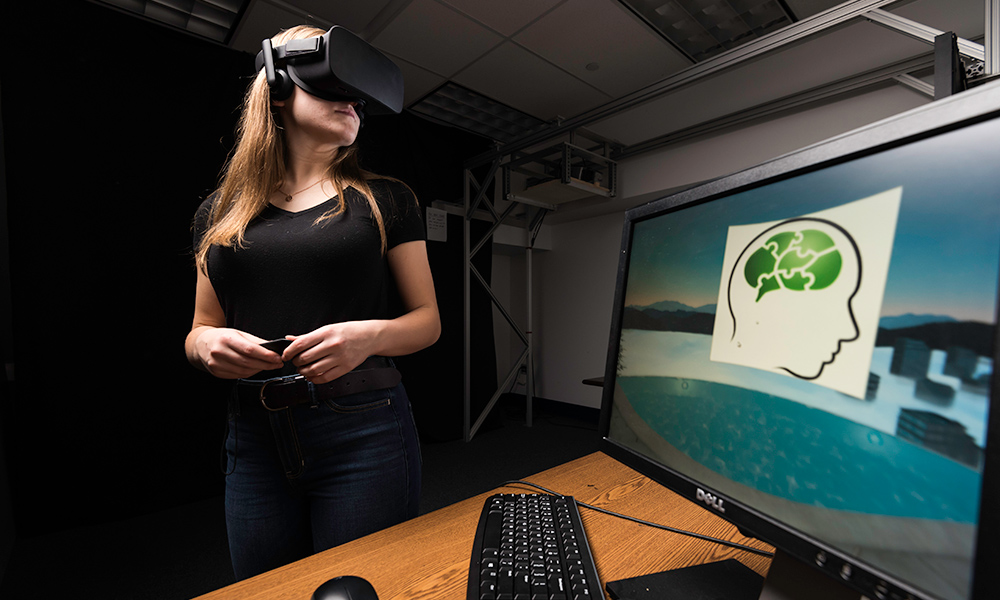
Science & Technology
Training brains—young and old, sick and healthy—with virtual reality
February 13, 2018
Rochester researchers are using virtual reality-based brain training to better understand the brain's plasticity in athletes who have experienced concussions and older adults with mild cognitive impairments. The goal? Improved therapeutic treatments patients can do at home.

